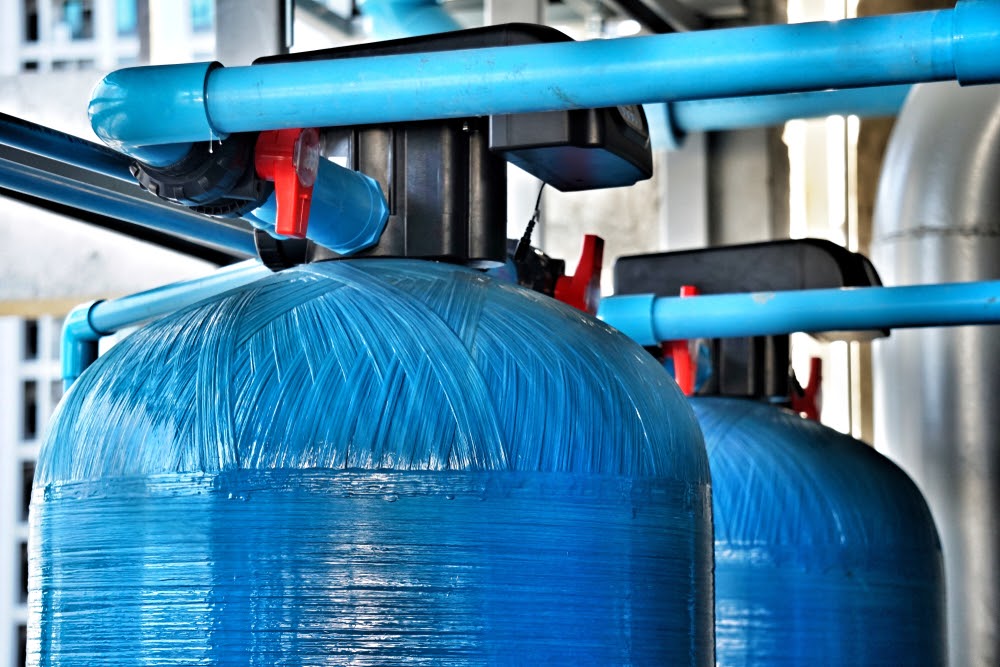Soft water, a term used to describe water that contains low levels of minerals (mainly calcium and magnesium), enables us to have more consumable water. Water Softeners assist in filtering water from hard to soft water, making it friendly to our electrical appliances and plumbing systems.
Water Softeners generate several discussions, especially when inspecting corroded plumbing systems and electronic appliances. Mineral deposits known as scale or limescale (a mineral-like crust) can build up in hot water kettles, coffee machines, pots, pans, dishwashing, and laundry machines leaving behind a white scaly residue. In a bid to offer a solution to reduce these corrosive and damaging minerals, Water Softeners were introduced into the market to provide soft water for households and commercial buildings. What are water softeners?

Water Softeners are water filter exchange units or systems that treat hard water by removing minerals that can cause corrosion and damage to your appliances. Water Softeners help to:-
Reduce Utility Costs and Increase Energy
Minerals in hard water cause appliances to be less efficient because mineral deposits on appliances’ metal elements cause these appliances to exert more energy to be more efficient. For instance, high quantities of calcium (a poor conductor of heat) in hard water attach themselves to pipes or metal elements of heating appliances. Over time your heating appliances have to exert more energy to provide heat or heat water. Using water softeners reduces the build-up of calcium on equipment enabling them to be more efficient.
Reduce Maintenance Costs
You definitely would like to save your budget by reducing the cost of maintaining corroded plumbing pipes or the corrosion of your appliance’s elements. It is expensive to replace and repair parts or even buy new equipment due to the damage done by the build-up of limescale.
Reduce visible stains on toilets and sinks
Have you noticed, on your porcelain sinks, bathtubs, toilet bowls, and taps, visible white scaly deposits and or brown stains stubbornly leave a mark? Water softeners remove the mineral iron found in hard water that causes stain marks. With soft water, these visible brown stains decrease with time and other solutions.

Reduces Usage of Soap
Today more than ever, we see an increase in washing machine installations. Thus, consumers shifted their attention to the amount and usage of detergent for their laundry and dishwashing. Hard water compared to soft water requires more detergent as less detergent can dissolve or form soap suds in hard water. On the other hand, utilizing soft water filtered by water softeners reduces the detergent amount needed for washing and increases the effectiveness of stain removal.
Whether or not you need a water softener is a matter of personal decision, as it will affect your home. To find out whether your water is soft or hard, measure its calcium and magnesium levels. You can do this at home or send a sample of your water to a testing laboratory near you.
Contact Benjamin Plumbing to find out how we can help!

